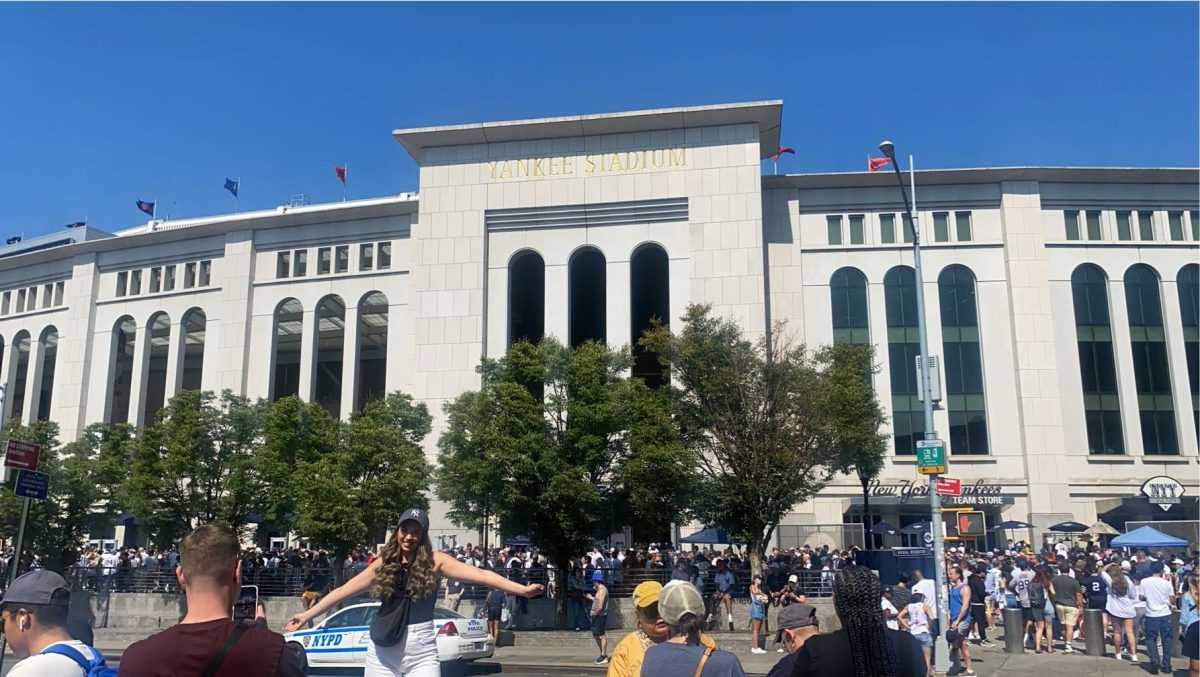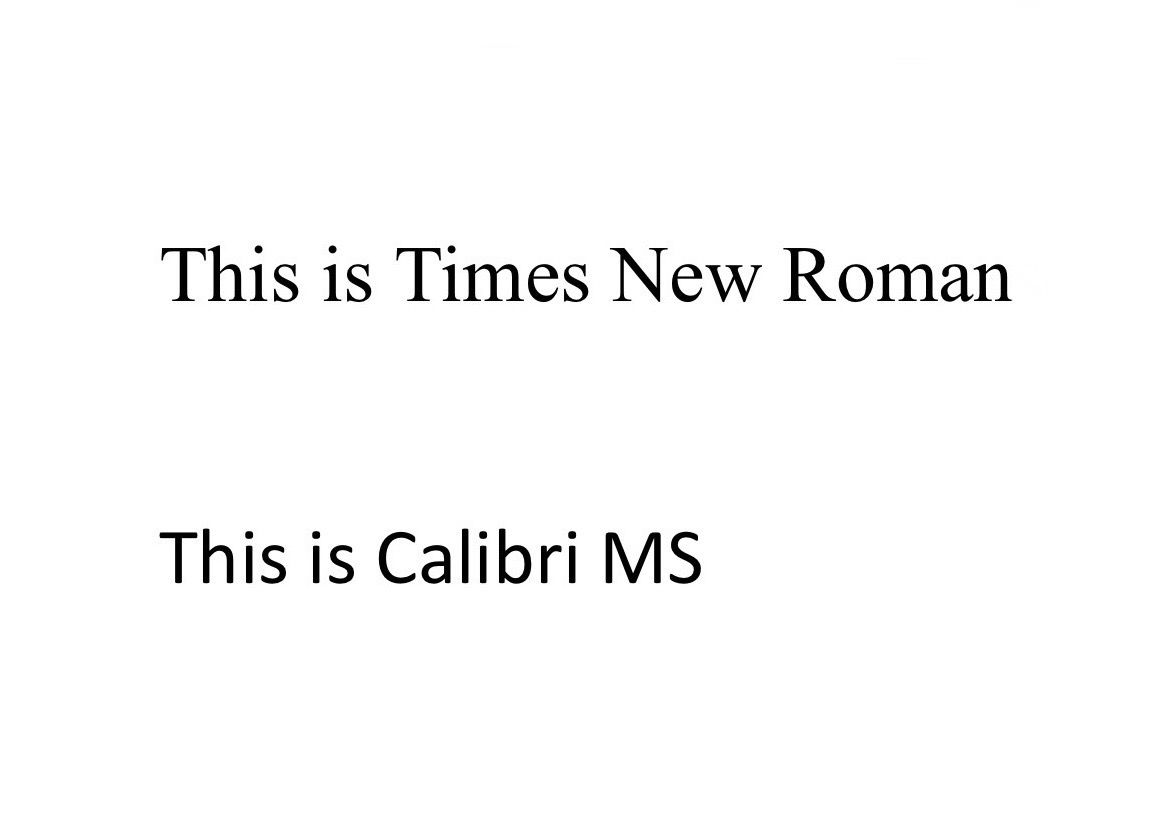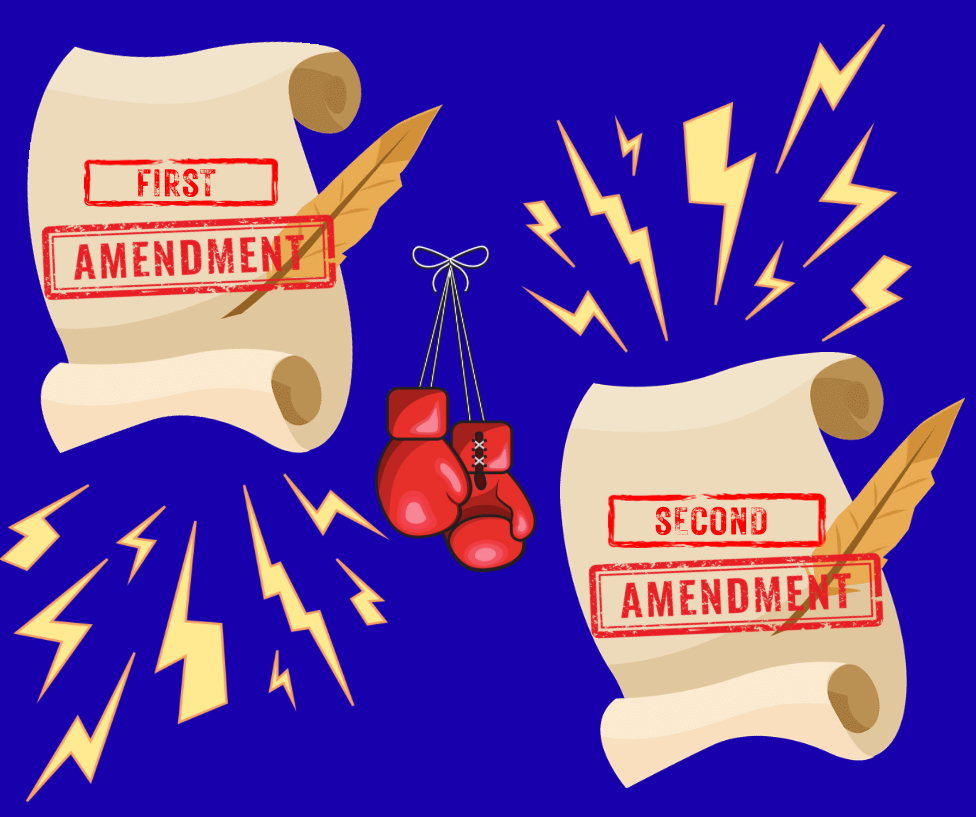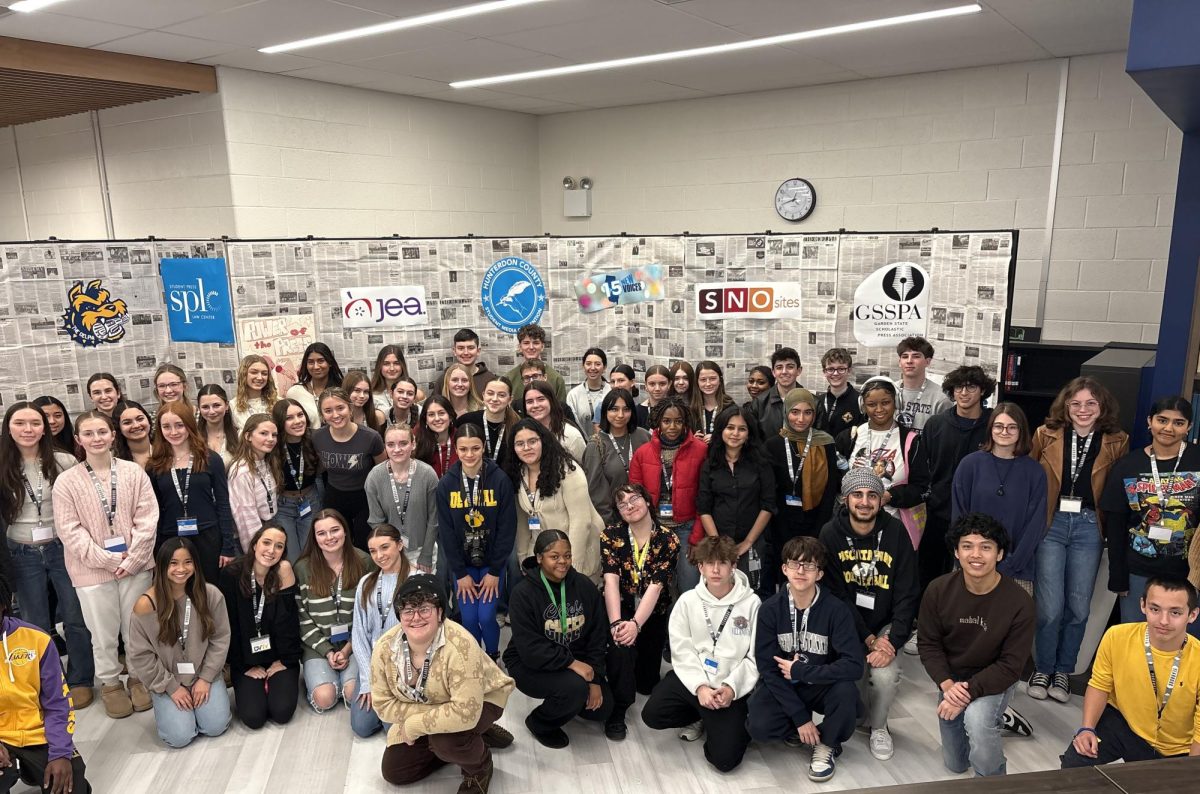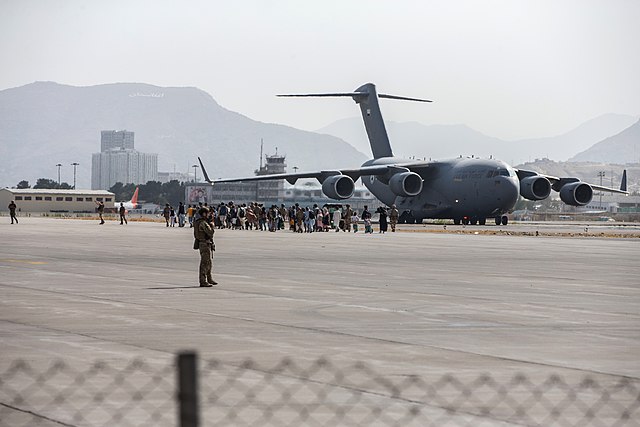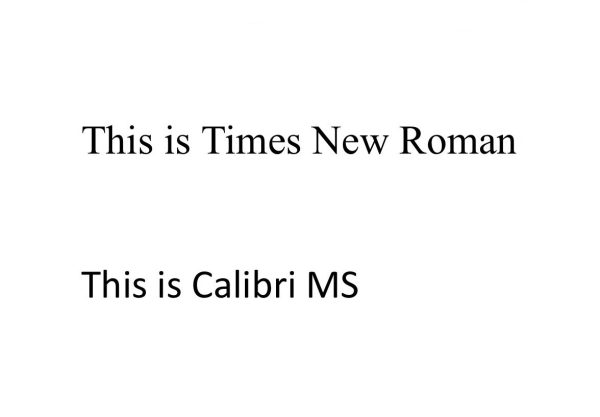Afghanistan: a permanent reminder of America’s imperialism
Evacuees fled to Hamid Karzai International Airport in Kabul, Afghanistan as the Taliban began taking control of the country.
With America’s exit from Afghanistan and the violence that came with it, there have been many stories written declaring that America is no longer the police officer of the world and how this spells for embarrassment.
Truthfully, the U.S. should be embarrassed, but not at our supposed weakness or inability to control others. Instead, we should be embarrassed that we took up the role of “world police” to begin with. Afghanistan will continue to be America’s shame because it reveals that we are not the morally right freedom fighters we claim to be; it shows the imperialist side we try to hide.
It’s easy to use President Biden as a scapegoat and point fingers at his utter failure in getting our troops and allies out of Afghanistan safely; many politicians, citizens and political commentators are doing so. But this violence is not solely Biden’s fault. It’s the entire American government’s fault.
America has been tampering with Afghanistan for years. The war started with George W. Bush’s presidency, but the U.S. has been pulling Afghanistan’s strings since the Reagan administration in the 80’s.
At the time of the Reagan administration, the Mujahideen were fighting a violent conflict against the Soviets and the communist government controlling Afghanistan at the time. Despite popular belief, the Mujahideen were not the Taliban. They consisted of many groups with varying ideologies seeking to get the Soviets out of their country.
America, wanting to deal a final blow to an old enemy, the USSR, started funneling cash and weapons to the Pakistani government and told them to give the money to the the Mujahideen. The Pakistani government did so; however, they gave that money to members of the Mujahideen called the Hezb-e-Islami Gulbuddin.
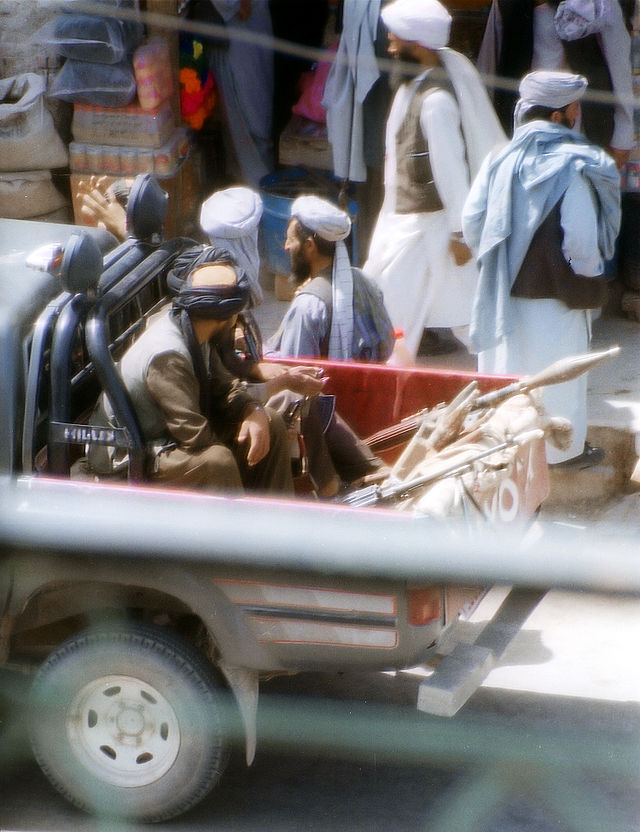
The Pakistani government did this because they wanted influence in the new Afghanistan and saw the HIG as its way to do so since both groups where members of the same ethnic group: the Pashtuns. The HIG would go on to betray their Mujahideen allies and gradually branch off into what we now know as the Taliban, pushing for radical Islamic law in Afghanistan.
America was not unaware of who Pakistan was sending our money and weapons to. We turned a blind eye to the HIG and its anti-American sentiments, harsh views on women and illegal heroine trades, which were happening during Reagan’s war on drugs.
America, in its blinding hatred of communism or anything that is even tied to the name Karl Marx, unknowingly went above and beyond in sending supplies to a dangerous organization. The U.S. also indirectly participated in radicalizing generations of Afghan children by providing funds used to supply schools with textbooks filled with Jihadist militarized ideals which advocated for kids to stand up and fight against their foreign invaders.
Most Americans, if not all, are aware of why the U.S. invaded Afghanistan, but for those who aren’t: in 2001, President George Bush pushed for an invasion of Afghanistan and the removal of the Taliban government during the war on terrorism for their support of Al-Qaeda and Osama Bin Laden after the 9/11 attacks. America went in, overpowered the Taliban and gave control to the remnants of the Mujahideen who had almost no control of Afghanistan at the time.
Then, we just never left. Our reasons for staying have been described to the public as an attempt at keeping democracy in Afghanistan, but despite what some might want to believe, we aren’t exactly the peace-bringing heroes in this story.
The Taliban are extremists. They’re a reactionary government who leads by killing those who disagree with them, as well as playing on the fears and weaknesses of the Afghan people who have been through much hardship thanks to years of fighting, civil war and imperialism. The Taliban are bad. But that doesn’t mean America’s completely good.
America’s war in Afghanistan has cost the U.S. trillions of dollars, resulted in a massive humanitarian crisis, thousands of Afghan civilian deaths, thousands of U.S. soldier deaths and thousands of Afghans being displaced from their homes.
In the end, it was seemingly all for nothing. Not to mention the fact that America’s continued presence and constant fighting in Afghanistan has only given legitimacy to the Taliban’s anti-western ideologies.
Many Afghans see the U.S. as invaders who did nothing but set up a puppet government and continue a legacy of conflict in an already war-torn country. Sadly, they’re not wrong. The U.S. dealt a horrible blow to the lives of the Afghan people; our continued bombing of their country carried out by the Bush, Obama, and Trump administrations have killed countless civilians and left roads, hospitals and homes destroyed. The civilian death toll increased even more after the Trump administration rolled back the military’s rules of engagement for airstrikes in Afghanistan in 2017.
Now America leaves the country with the mess we helped create, which was the result of the ongoing fight over whether the military should have left or stayed in Afghanistan. The problem was that this fight over whether to leave or stay in Afghanistan was fought between U.S. politicians, who gave the Afghan people no say in the fate of their country.
As this conflict settles, many are left asking “who are the winners?” While it might be easy to view the Taliban as the victors, their success may be short lived as they face conflict on all fronts. The Taliban, who obviously have many enemies abroad, also face internal struggles, as many Afghans are against the regime’s harsh rule.
There is also an ideological battle within the Taliban, with some wishing to move away from their bloody past as a means to be more widely accepted, and others are still hardline in their conservative views. This conflict has already created a new enemy, ISIS-K, who wishes to overthrow the Taliban and seize control of the country for themselves.
One of the many reasons some Americans thought the U.S. should stay in Afghanistan was not fight this new enemy but to keep hold of the country’s untapped resources, which have been estimated at being worth over $1 trillion dollars. With America gone, many governments will be looking to get a hold of this fortune, which could lead to the Taliban making new allies and enemies.
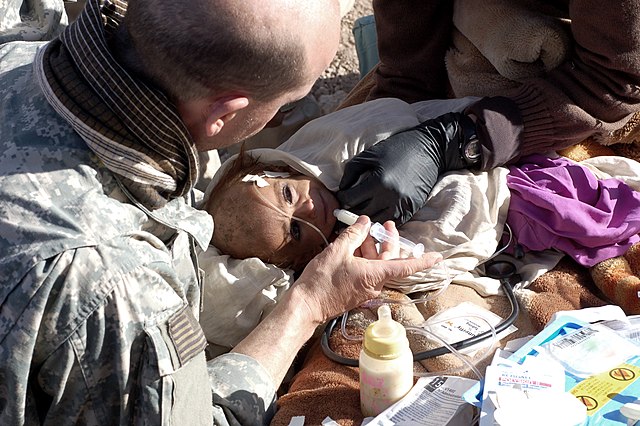
So, who are the true victors?
While the Biden presidency has obviously taken a massive, internal hit from its withdrawal protocols, don’t think that America “lost” this conflict. As is usual with imperialism, when a country is finally able to escape the grip of its invaders, the invading country will leave with its tail between its legs, but the bourgeoisie and ultra rich members of that country end up succeeding.
Many American businesses have profited immensely off this war. In what was a seemingly endless conflict, America spent close to $2 trillion, most of which went to fighting the Taliban. This money did little to ensure peace for Afghanistan and grant any actual power to the Afghan Presidency or the remnants of the Northern Alliance, as demonstrated by the Taliban’s rapid overthrow of the country.
To keep the war plausible, the Pentagon directed cash from its war budget to private security contractors. Private contractors were used so much so that they soon outnumbered American troops. Private companies such as Lockheed Martin, DynCorp, Boeing, General Dynamics, Raytheon, and Northrop Grumman profited off of contracts with the U.S. and its war effort, as did oil companies.
It is also worth noting that a large number of high ranking officials in the U.S. government, including those from the Trump and Biden administrations, have been revealed to have ties to these private contractors. These politicians have financially profited off this war and its long-lasting effects, which has created a weird symbiosis where politicians are profiting off of the destruction of another country and its continued conflict.
I think Karl Marx put it best in saying, “Accumulation of wealth at one pole is at the same time accumulation of misery, agony of toil, slavery, ignorance, brutality, mental degradation, at the opposite pole.”
Unfortunately, there is no happy ending. The end of this war does not bring about the end of an authoritarian regime; it only spells uncertainty and fear for the Afghan people in the future.
America has proven, once again, that even if you wrap up an imperialist invasion in pretty words, like “fighting for freedom” or “securing democracy,” imperialism is the same capitalist beast that leads to genocide, death and war.
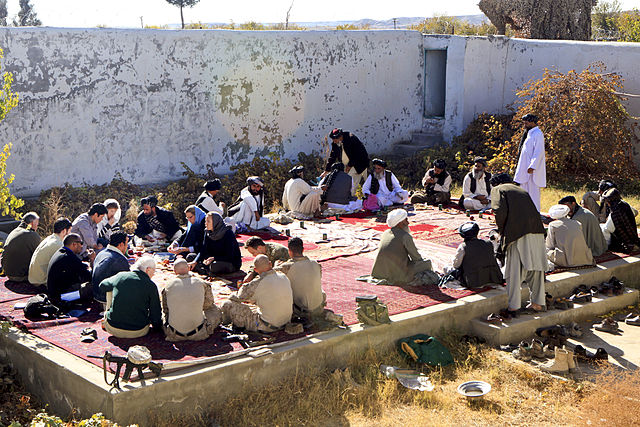
The road ahead for Afghans will be hard, but if they want change in their country, it must come from the will of the people and not from the hand of an empire who cares more about its own interest.
For now, it’s important to recognize what’s happening in Afghanistan and the role we played. It’s also important not to spread hateful myths about Muslims, Afghan people or any Afghan immigrants searching for some sense of security.
If you’re American and you’re upset about what’s happening in Afghanistan, I’m sorry to tell you that’s not the only country this is happening in or will happen to. As long as businesses and greed have control in politics; war, violence and imperialism will continue.
But I once again say that change must come from the will of the people. If you’re angry, then make sure change happens. Rally together and hold your government accountable so this never happens again.
Your donation will support the student journalists of Delaware Valley Regional High School. Your contribution will allow us to attend conventions, purchase equipment and cover our annual website hosting costs.

Nic Barbadora is a senior at Del Val, and this is his second year writing for The Delphi. He plans to write reviews for the paper throughout the year.


















































